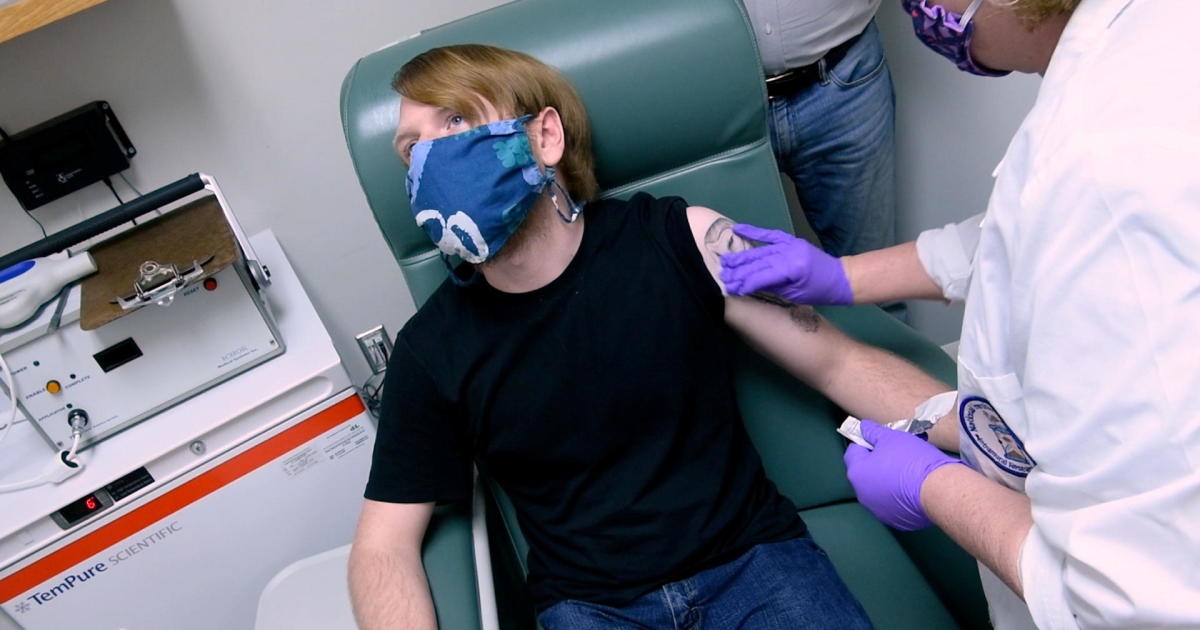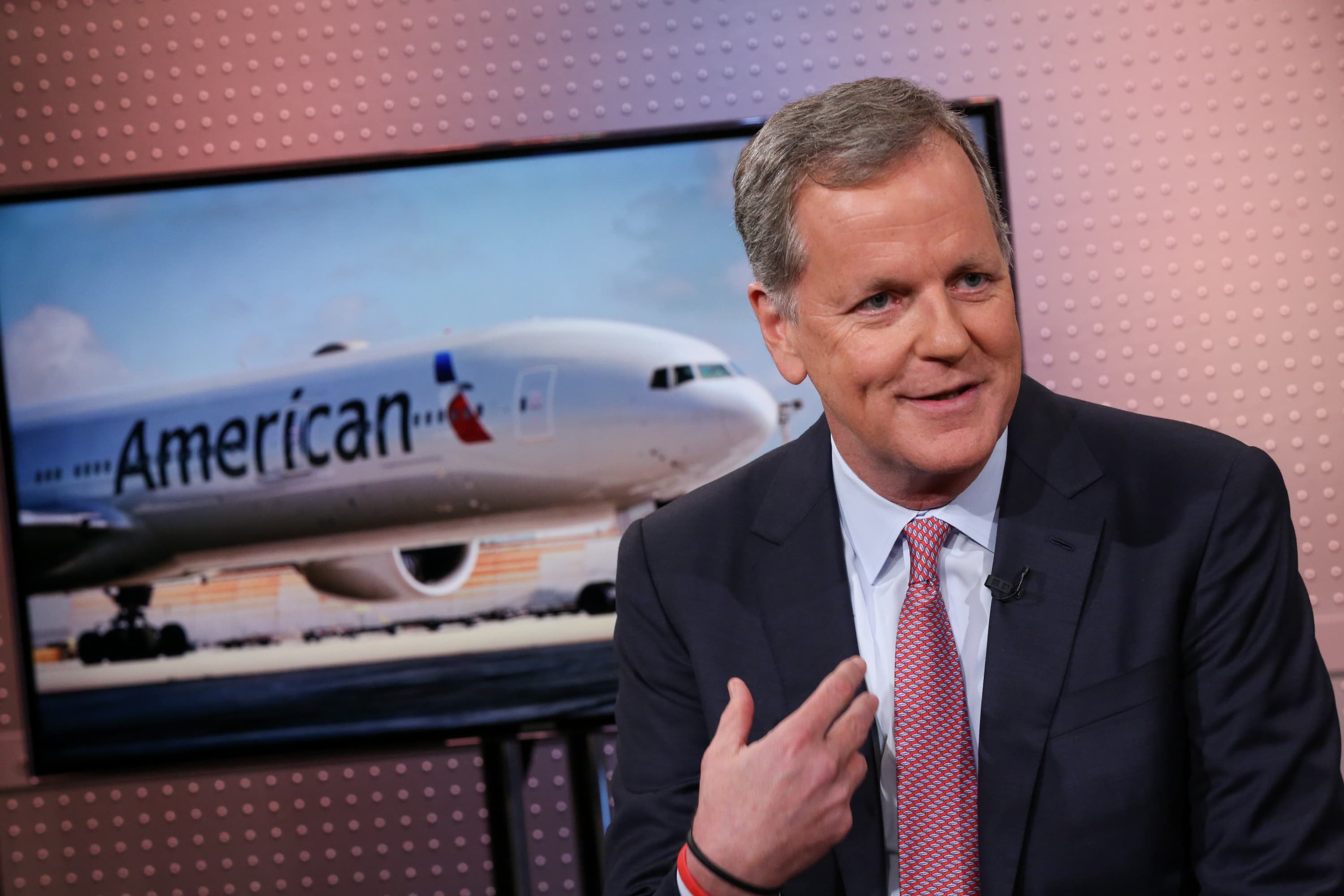
London — Britain has become the first country in the West to approve a COVID-19 vaccine for public use. The U.K. Department of Health and Social Care confirmed in a statement to British news agencies that the vaccine developed jointly by American drugmaker Pfizer and Germany's BioNTech would be distributed starting next week. Pfizer was the first of three major Western pharmaceutical companies to apply in both the U.S. and Europe for emergency use authorization.
"The Government has today accepted the recommendation from the independent Medicines and Healthcare products Regulatory Agency (MHRA) to approve Pfizer/BioNTech's Covid-19 vaccine for use," a Department of Health and Social Care spokesman told the Press Association of Britain. The spokesman said the emergency use authorization followed "months of rigorous clinical trials and a thorough analysis of the data by experts at the MHRA who have concluded that the vaccine has met its strict standards of safety, quality and effectiveness."
In line with planning in the U.S., British front-line healthcare workers, care home residents, the very elderly and people with underlying conditions that make them particularly vulnerable to COVID-19 complications are expected to get the first doses of the vaccine. Pfizer's vaccine, like the Oxford and Moderna formulas, requires two doses about a month apart.
U.K. Health Secretary Matt Hancock called it "fantastic news" that Britain's regulator had deemed the first vaccine safe, and vowed that distribution would begin from Monday. He told the BBC Breakfast show that vaccinations would "start with the most elderly and with people in care homes."
Prime Minister Boris Johnson also hailed the news, confirming in a tweet plans to start rolling out doses from next week.
"It's the protection of vaccines that will ultimately allow us to reclaim our lives and get the economy moving again," Johnson said.
Hancock, Britain's top public health official, noted the logistical complexities of distributing the Pfizer vaccine, which needs to be stored at around -94 degrees Fahrenheit, but said Britain would get its first 800,000 doses delivered next week. The U.K. has a total of 40 million doses of the Pfizer vaccine on order, enough to fully treat 20 million people.
Two other vaccines, one developed by U.S.-based Moderna, which also requires sub-zero storage, and one made by British pharmaceutical company AstraZeneca in conjunction with Oxford University, have also applied for emergency use authorization in the U.S. and Europe.
Both Pfizer and Moderna have said that data from large-scale human trials, involving tens of thousands of people, showed their vaccines to be about 95% effective at preventing COVID-19 infection. AstraZeneca/Oxford found their vaccine, which works in a different way, was up to 90% effective with a certain dosing regimen. The Oxford-developed vaccine is much cheaper to produce, and to distribute as it only requires storage at refrigerator temperatures.
"This constitutes the first Emergency Use Authorization following a worldwide Phase 3 trial of a vaccine to help fight the pandemic," Pfizer and BioNTech said in a joint statement on Wednesday, adding that they were "anticipating further regulatory decisions across the globe in the coming days and weeks and are ready to deliver vaccine doses following potential regulatory authorizations or approvals."
Pfizer chief executive Albert Bourla called the U.K. move "a historic moment in the fight against COVID-19."
None of the human trials on any of the three leading Western-made vaccines have found significant adverse affects. Some side effects commonly associated with long-used vaccines, including soreness around the point of injection, fatigue and headaches have been seen in the trial data.
In China and Russia, officials have been administering thousands of doses of COVID-19 vaccines developed by government-backed research institutes, outside of trials, for weeks. Unlike the Western vaccine programs, neither Russia nor China carried out large-scale, international human trials with data provided for independent analysis before starting their non-trial vaccine programs.
Trust and the "infodemic"
Logistical issues aside, epidemiologists and public health officials worldwide have warned that another major hurdle to putting the coronavirus pandemic behind humanity could be mistrust of the vaccines that become available.
On Saturday the World Health Organization warned that an "infodemic" sweeping across social media was threatening to leave humanity at the mercy of the new coronavirus, which has killed more than 1.5 million people globally and almost 271,000 in the U.S. alone.
"The coronavirus disease is the first pandemic in history in which technology and social media are being used on a massive scale to keep people safe, informed, productive and connected," the WHO said in a statement. "At the same time, the technology we rely on to keep connected and informed is enabling and amplifying an infodemic that continues to undermine the global response and jeopardizes measures to control the pandemic."
The WHO suggested that both online platforms and politicians and other influential figures were making "deliberate attempts to disseminate wrong information" that was sewing mistrust in scientific and health institutions.
"Without the appropriate trust and correct information, diagnostic tests go unused, immunisation campaigns (or campaigns to promote effective vaccines) will not meet their targets, and the virus will continue to thrive," the WHO warned.
A CBS News poll carried out in early September found rising skepticism about the coronavirus vaccines in development, with most voters saying that if a vaccine were made available this year, their first thought would be that it was rushed through without enough testing.
Just 21% of voters nationwide said in the survey that they would get a vaccine as soon as possible if it were available at no cost, which was down from 32% in a survey conducted in late July. Most said they would consider it, but wait to see what happens to others before getting one themselves.
This pandemic has seen pharmaceutical companies and research institutes work with governments and independent regulatory agencies to compress the usually-years-long process of developing and approving vaccines into a much shorter time frame.
The pace has been completely unprecedented, but the entities involved, along with outside experts in infectious disease and vaccinology, have insisted throughout that the process is being compressed safely, largely by overlapping steps that normally come sequentially, rather than by eliminating any steps in the trial and certification process.
Hancock, the British government's health chief, told U.K. broadcaster Piers Morgan on Wednesday that, if they could get it approved even though they weren't in a high-risk group, he would happily get vaccinated live on television next week with Morgan to show his trust in the vaccine.
Article From & Read More ( U.K. is 1st country to approve Pfizer COVID-19 vaccine, with distribution to start next week - CBS News )https://ift.tt/3qn0fGX
Business

No comments:
Post a Comment